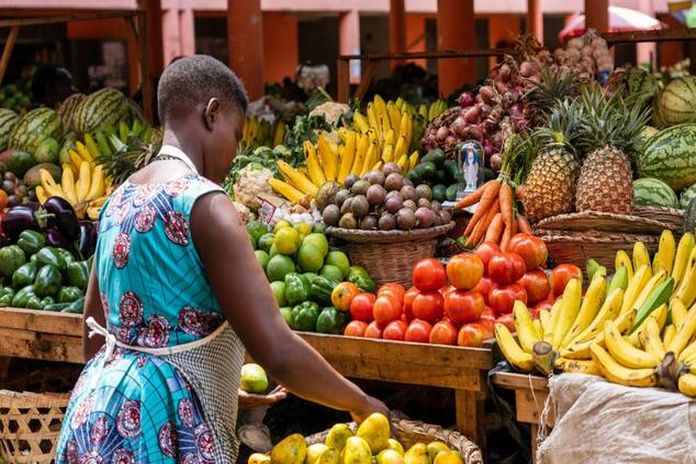ITC – WACTAF to enhance cross-border trade data, facilitation in West Africa

GENEVA / AFRICA, (ITC News) – Informal traders account for a significant share of commerce among West African countries. Better data collection, digital tools and on-the-ground support can help their businesses thrive.
That’s the goal of the latest collaboration between the International Trade Centre (ITC) and the West African Association for Cross-Border Trade (WACTAF). Working together making it easier to trade food products within the region.
The collaboration was cemented on 8 August 2024 with the signing of a new memorandum of understanding. This formalizes the framework for ongoing cooperation, building on their previous work in cross-border trade and logistics.
Under this agreement, ITC and WACTAF will continue to collaborate on advisory services, better use of data, supporting informal traders, and enhancing trade obstacle reporting systems.
This partnership is expected to have a lasting impact on the economic integration of West Africa. Sustainable and inclusive trade development ensures that even the most vulnerable traders have access to the tools and information they need to succeed.
The two organizations already work to support trade information and border assistance desks across the region. These desks are crucial for providing traders with information to navigate border formalities. That reduces risks for informal traders, whose goods could perish during long border delays.
By leveraging existing trade facilitation measures and digital platforms, we’re making significant progress in addressing the challenges faced by small traders.
The two agencies are also working to find ways to make information on informal trade data available through WACTAF’s database and online application. Better data to inform both business and policy decisions throughout the Economic Community of West African States (ECOWAS).
With WACTAF’s expertise, ITC is also looking at how to best report and address obstacle to trade at border crossings, often affecting women traders the most.
Part of the collaboration will leverage existing systems, like the WACTAF ‘Operation Fluidité Routière’ initiative to facilitate the transport of agricultural products across West Africa. That initiative can work with the Trade Obstacles Alert Mechanism (TOAM), developed by ITC and the ECOWAS Commission, to make cross-border trade more efficient and less burdensome for traders.
ITC is conducting this work alongside its partners from GIZ, the leading German development agency, and the ECOWAS Commission under the GIZ ECOWAS Agricultural Trade (EAT) Programme.
Funded by the German Federal Ministry for Economic Cooperation and Development (BMZ), the GIZ ECOWAS Agricultural Trade (EAT) Programme is a special initiative “One World – No Hunger” dedicated to strengthening regional integration through intra-regional agricultural trade in the ECOWAS region. GIZ, the leading German development agency, is the main implementing agency, with ITC as partner, collaborating with the ECOWAS Commission with the directorates responsible for agriculture and rural development, trade, customs, free movement of people, and the Gender Development Center.
The programme’s central objective is to enhance the capacity and services of regional and national organizations, with a particular emphasis on improving agri-food policies, sustainability, gender sensitivity, trade facilitation inclusivity, and active engagement with small businesses and professional associations in the sector.
Source: caribbeannewsglobal.com

